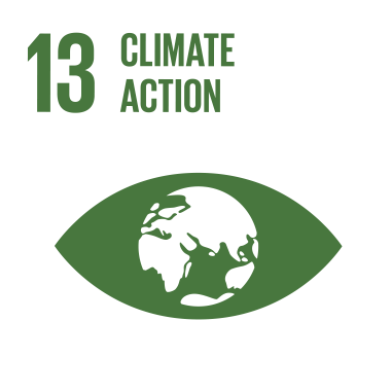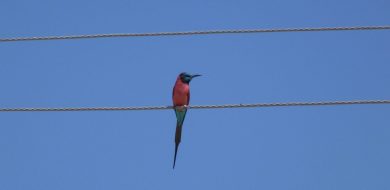In recent years, Carbon Neutrality has been one of the environmental objectives of Sher Ethiopia.
We are proud to say that we have achieved the Carbon Neutral Status as a company for the second year in a row. This means that our carbon footprint for the production and sales of our roses is neutral. Scope 1, 2 and 3 have been included. We have achieved this status by offsetting all carbon dioxide emissions related activities such as production and transportation of our roses, production of materials and Agri inputs used but also other emissions resulting from the use of cars and electricity generation. In this journey we have been supported by PRé Consultancy and One Carbon World for calculating and validating our carbon emissions.
To determine how much carbon to offset, we calculated the exact carbon emissions for all our operations in Ethiopia and the Netherlands including the transport. In the first reporting year (2019) this was done by joining the Floriculture Sustainability Initiative (FSI) pilot on Carbon Foot printing. After this base year we teamed up with PRé Consultancy to measure and calculate the total carbon emission in 2020. The model we use is based on the FloriPEFCR methodology and the Horti-Footprint Category Rules (developed by Wageningen University). All emissions resulting from growing, grading, packing, transporting, and processing are included. But also, all inputs like fertilizers, greenhouse plastics and buildings.
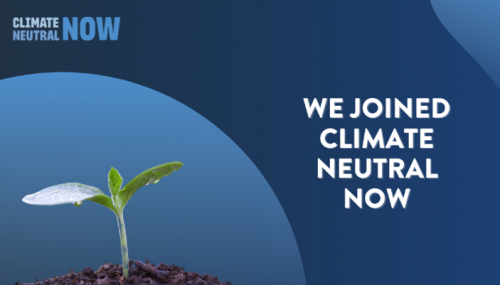
To acquire the right amount of carbon credits for offsetting your emissions, One Carbon World, a certified body, verified all emission calculations and results. One Carbon World is a global resource partner of the Climate Neutral Now Initiative, launched by United Nations Climate Change. Climate Neutral Now was launched in 2015 with the goal of encouraging and supporting all levels of society to take climate action to achieve a climate neutral (net zero) world by midcentury, as enshrined in the Paris Agreement adopted the same year.

Based on validated emission figures, carbon credit certificates are issued. With these verified carbon credits (VERs) various project arounds the world can be financially supported. With the carbon credits bought in 2019 we supported La Pitanga / Weyerhaeuser – a reforestation project in Uruguay, South America.
OCW La Pitanga Project Brochure
This project lasts for 100 years, covers 18,000 hectares, and is verified by the Rainforest Alliance. The project is also certified by the FSC (ensuring fair wages, sustainable forest management, etc.), and the carbon credits generated by this project have been retired by VERRA, the world’s largest environmental registry. The remainder of our carbon credits for 2019 supports wind energy projects in India.
OCW Alembic Wind Power Project Brochure
For 2020 our carbon credits are linked to a project in India that results in significant reductions of GHG emissions by converting HFC (hydrofluorocarbon) gases into substances with no or lower global warming potential. Moreover, this project contributed to the construction of water management structures like check dams. This directly supports the mitigation of water and natural resources scarcity in and around the project area.
OCW Saving the ozone layer from India Project Brochure
Each project goes through a strict vetting process and is directly overseen by the United Nations. It is our ambition to support local African or Ethiopian offsetting projects in the future, generating an impact in the environment in which we operate.
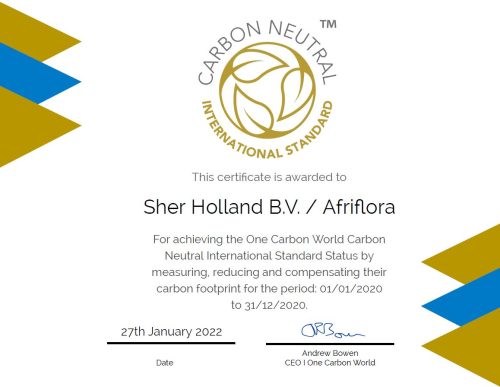
Offsetting our emissions is a first step. Our long-term ambition is to reduce the emissions. When calculating, one gets important insights where reductions can be achieved and have most impact. For our operation in Aalsmeer for example, we are investing in LED lights that reduce the electricity use. In Ethiopia, in 2022 we plan to experiment with sea freight and we are also considering using other types of materials for inputs for growing our roses.
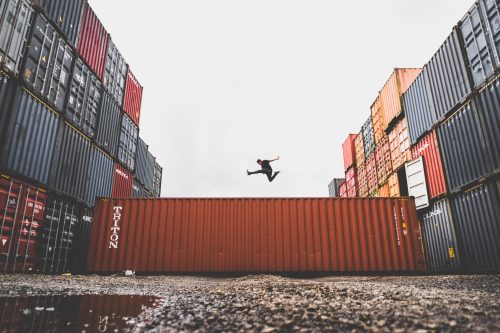
Andrew Bowen, CEO of One Carbon World, said: ”We are proud to confirm that Afriflora Sher, the largest rose farm in the world, has achieved both the Carbon Neutral International Standard and the UN Climate Neutral Now participation. Afriflora is among a few organizations that have achieved GOLD recognition for measuring and contributing to offsetting their emissions, showing a strong commitment to the fight against climate change. Congratulations!”
